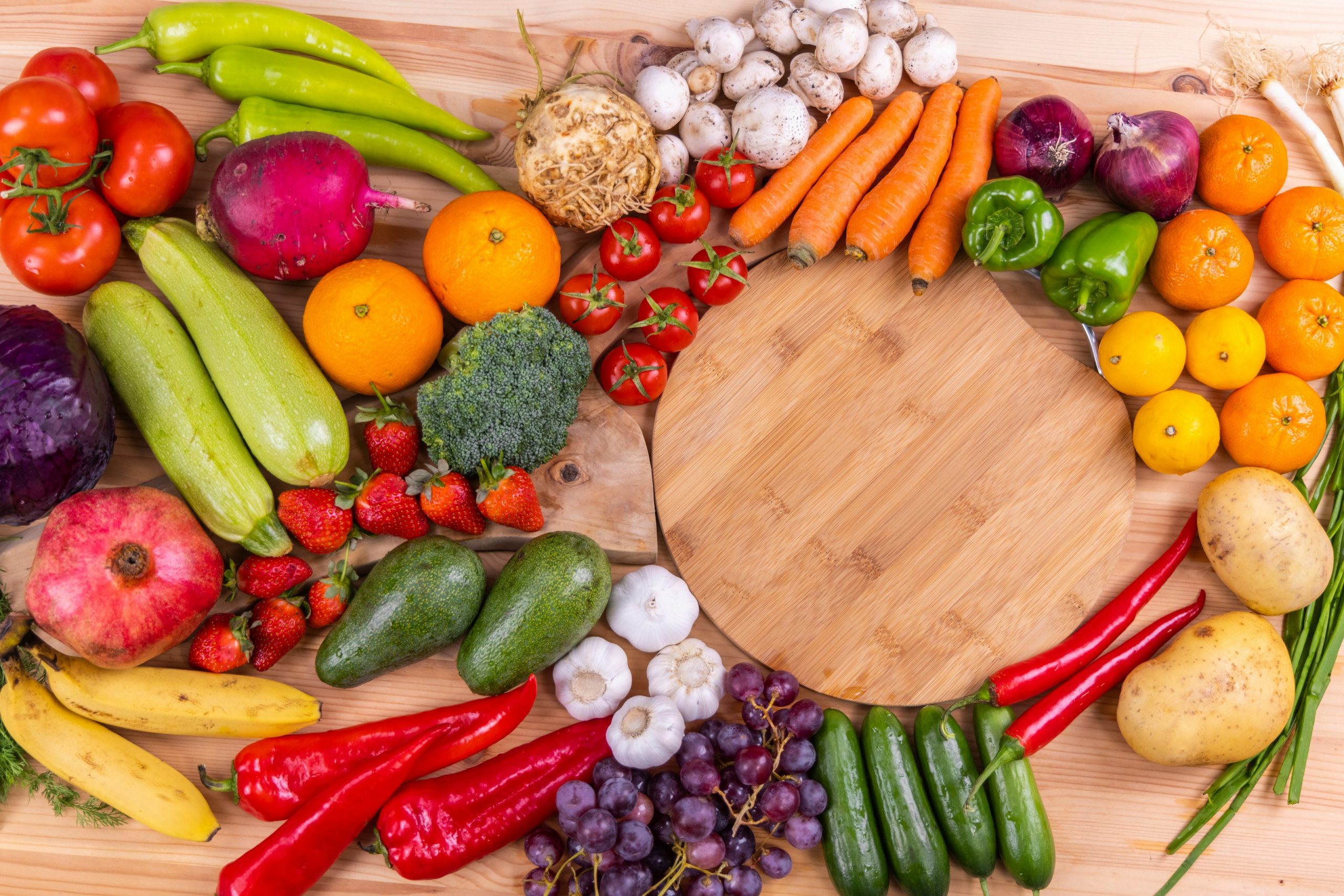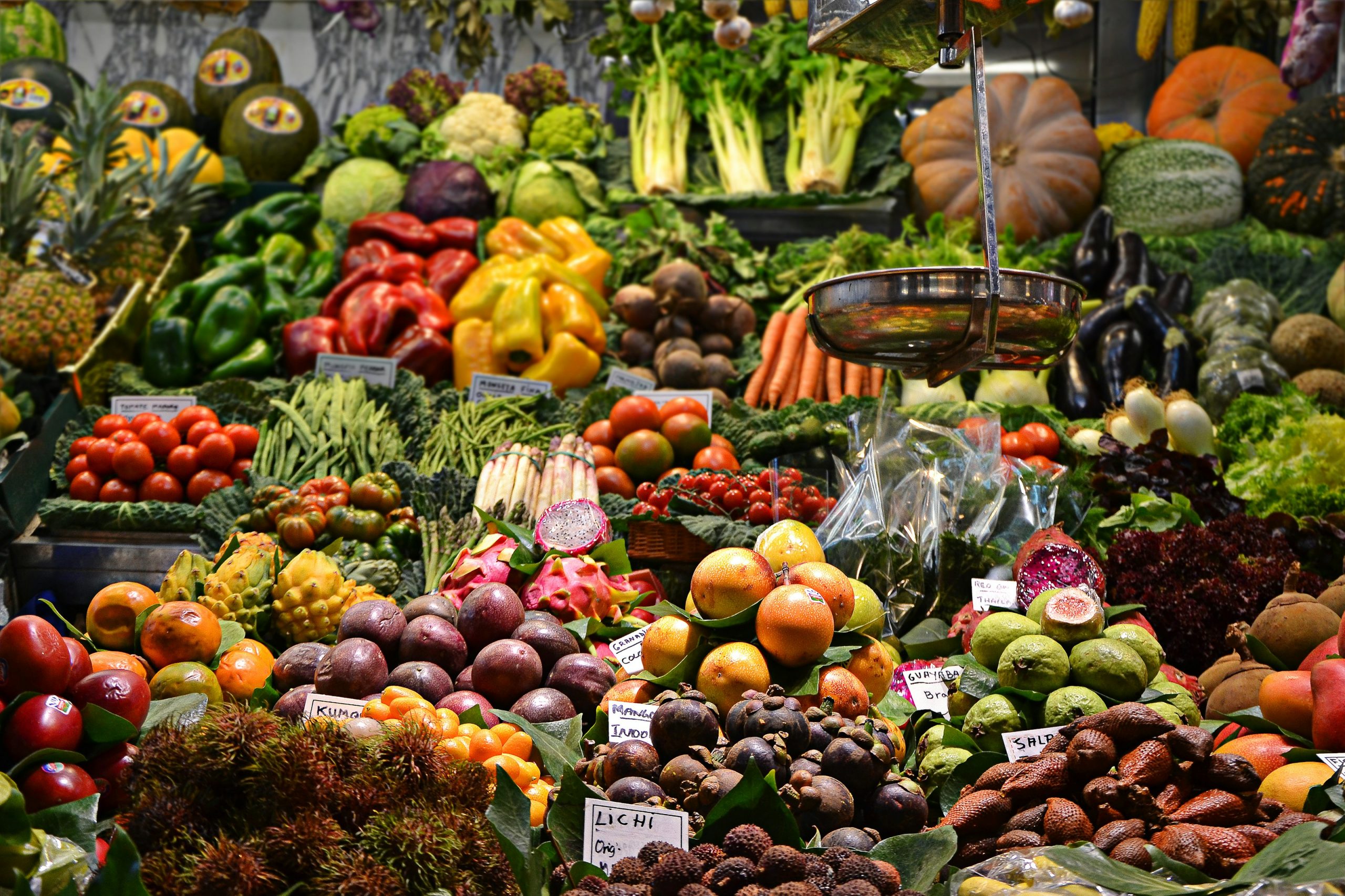The plant-based food industry has made leaps in recent years to deliver higher-quality, better-tasting products; however, recent data suggests there’s still much to be done before it can rest on its laurels.
While 68% of people globally express a desire to eat more plant-based foods, only 20% do so regularly, down from 23% in 2023, according to a recent report from the EAT Foundation. “Grains of Truth 2024” gathered thoughts from 30,000 consumers across 31 global markets to gauge the current state of the plant-based industry.
The findings articulate a call-to-action for the sector while underlining the benefits of following a plant-based diet. Despite overall interest in the lifestyle stagnating, there are still large demographics to capture, and even more to show how far the industry has come.
As consumer interest in the lifestyle flags, the sector is at an inflection point: it has never been more important to convert consumers to the lifestyle.
“This is a crucial moment in our global dietary shift. Consumers are ready for change, but barriers like price, convenience, flavor, and trust remain,” said Chris Coulter, GlobeScan CEO, in a statement.
Let’s dive into some of the salient themes at play in the report.
Plant-Based Interest Varies Greatly by Market
Across the 34 markets surveyed, interest in plant-based eating was highest among Vietnam, Kenya, Peru, Indonesia, and Mexico, all of which surpass a response rate of 80% targeted interest in the diet (with Vietnam reporting over 90%). On the other end of the spectrum are the U.S., U.K., France, Germany, Canada, and the Netherlands, all of which sit between 45-55% interest.
Surprisingly, the U.S. polled higher than many E.U. counterparts including France, Germany, the Netherlands, and Australia despite a concerted effort in the region to accelerate plant-based food sales.
In Germany, for example, supermarket giant REWE opened its first fully vegan store in Berlin in 2024 offering 2,700 plant-based products. More recently, however, Ahold Delhaize revealed a target to achieve 50% plant-based food sales by 2030 for its European food retail brand. The retailer cited its commitment to lower its greenhouse gas emissions while catering to consumer desires as primary motivators for the decision.
These efforts also demonstrate the role that retailers can play in promoting plant-based adoption.
A Path Forward: Government Intervention
“We need a food system where plant-based diets are not just a choice, but an accessible and appealing reality for everyone,” said EAT co-founder and executive chair Dr. Gunhild Stordalen.
The report noted that governments have an opportunity to explore ways to bring down the cost of plant-based products. Suggested intervention strategies include subsidies for producers or tax incentives.
Globally, attitudes suggest that healthy food should be more accessible, while unhealthy food could benefit from guardrails. The graphic below digs into these insights.
Roughly 86% of consumers across the world at least somewhat agree that healthy food should be taxed less than unhealthy goods, highlighting the government’s perceived role in healthy food consumption.
Age-Old Barriers: Price, Taste, Etc.
Among the top deterrents to eating more plant-based offerings, 42% of consumers cited price as a significant barrier. Price alone has the largest impact and depends largely on the state of the economy: as costs increase, consumers are returning to cheaper, more familiar foods.
The following are additional factors that prevent plant-based consumption:
- 35% note flavor as an issue
- 30% reveal habit as a hurdle, as these consumers are not accustomed to eating plant-based foods
- 23% cite convenience as an issue, finding it more difficult to find and/or prepare plant-based alternatives
- 19% are skeptical about how healthy these alternatives are
- 12% say culture is a barrier, as it is not as often practiced in their communities
These pain points reveal how plant-based adoption faces myriad threats; however, the industry is well-positioned to compete. Tech innovations, for example, have enabled better-tasting meatless analogs. Now, however, industry stakeholders need to facilitate trial (and retrial).
“Tofu has never been sexier,” said Jonathan Lawrence, VP of merchandising at Fresh Thyme Market, during a keynote at last year’s Plant Based World Expo 2024 in New York City about plant-based’s center-of-plate innovations. Research, however, shows that there is still more work to be done: the Grains of Truth report found that, globally, only 34% of consumers prefer meat-like alternatives made from plants compared to animal meat, down from 42% in 2020.
To meet the need for lower prices, consumer education is critical. Although many direct meat- and dairy-less analogs cannot compete on direct price parity, partially because of government subsidies that help keep these products affordable, there are still myriad low-cost options to support a meatless diet.
Recent research evaluating plant-based diet costs found it was cheaper than consumer perception would suggest: analysis revealed total food costs for plant-based diets were roughly 19% less than the standard American diet.
The Food Institute Podcast
Amid inflation, restaurants need to get more creative to help bring customers through the door. What exactly can they do to improve traffic? André Moraes of PepsiCo Digital Lab shares how experiences, microinfluencers, and the Local Eats program can help propel restaurants in 2025.












